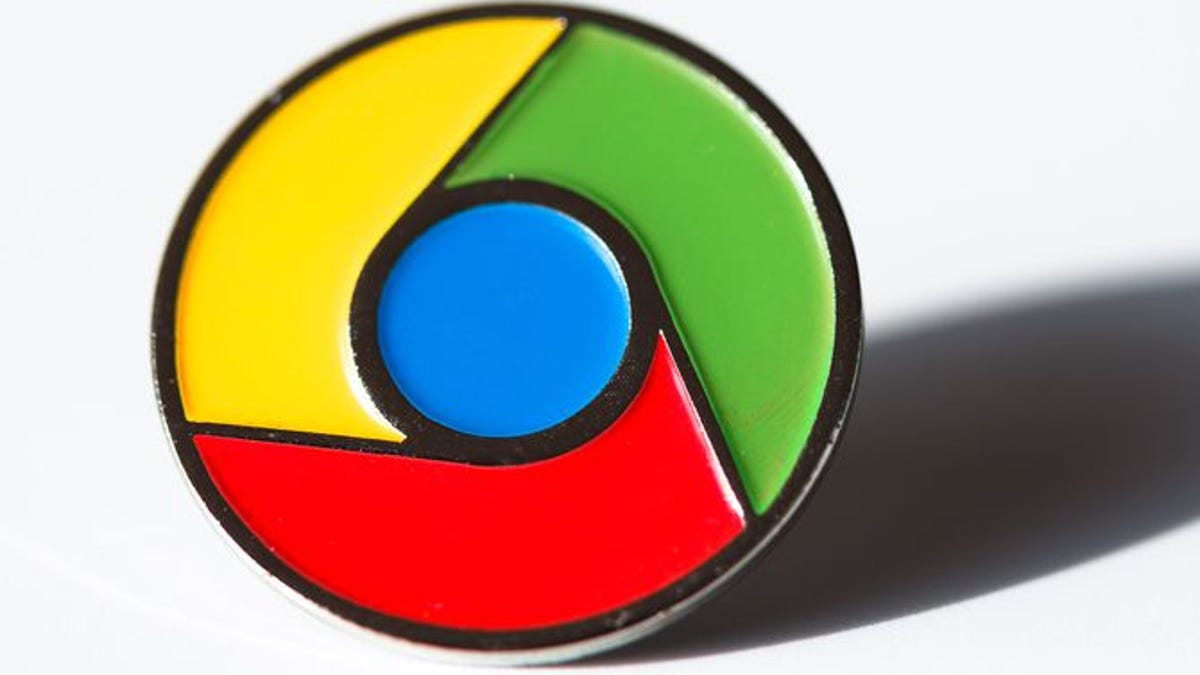- Nov 1, 2018
- 47
With the next version of Chrome, Google is moving ahead with a plan to improve privacy and security by reining in some abilities of extensions used to customize the browser. The move had angered some developers who expected earlier it would cripple ad blockers.
Manifest v3, the programming interface behind Google's security plans, will arrive with Chrome 88 in mid-January, Google said Wednesday at the Chrome Dev Summit. Extensions using the earlier Manifest v2 will still work for at least a year.
Extensions can change Chrome's behavior through abilities that Manifest v3 exposes. Among other things, Manifest v3 limits the number of "rules" that extensions may apply to a web page as it loads. Rules are used, for example, to check if a website element comes from an advertiser's server and should therefore be blocked. Google announced the changes two years ago.
Reducing the number of rules allowed angered creators of extensions like the uBlock Origin ad blocker and the Ghostery tracking blocker. They said the rules limits will stop their extensions from running their full lists of actions to screen ads or block tracking. That could let websites bypass extensions -- and the preferences of people who installed them.
Google has defended its technology and argues that granting extensions too much freedom invites abuse. The search giant says it's listened to developers and modified Manifest v3 in response. For example, it loosened the originally proposed rule limit and added a new mechanism for applying some rules. Eyeo, the developer of one of the widely used Adblock Plus extension, said Tuesday it's content with Google's Manifest V3 approach.
The changes underscore how difficult it can be for Google to balance giving developers powerful tools and the need to thwart abuse. The balance is particularly difficult to strike given that Chrome is one of the tech industry's biggest platforms. More than a billion people use the browser, Google has said, and it accounts for about 64% of web usage, according to analytics firm StatCounter.

A Chrome change that freaked out ad blocker developers arrives in January
Google says it's addressed concerns some Chrome extension developers had with its Manifest v3 technology.
Last edited by a moderator:




